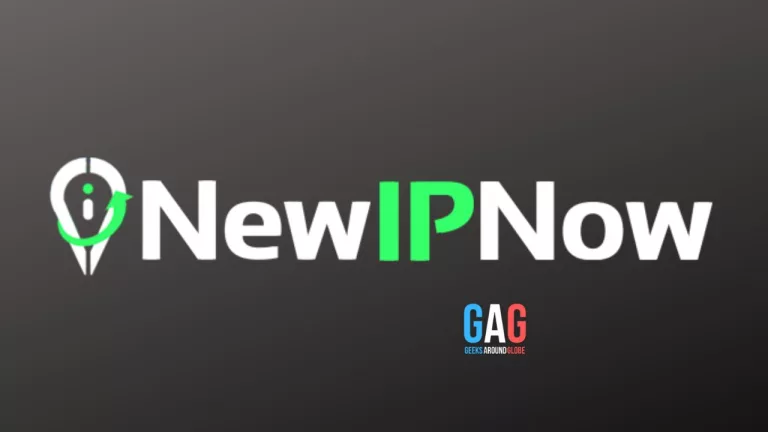Image by Gerd Altmann from Pixabay
The “I didn’t know it did that!” moment
Have you ever had that experience? The one where you have been using an app for ages, and you suddenly discover that it has a wholly different function from what you thought it did. You have been using it for one thing and realize that it does this too! It’s a pretty exciting moment. However, it did not happen by accident. These app developers are clever people, and they designed that. So while the general rule for creating a good app is to keep it simple and make it do one thing well, some app developers did not listen to the advice. We have a lot to thank them for.
Some apps were set up by the developer to solve one particular problem; however, a community finds an alternative use for it. This is more akin to the often-cited economic law on unintended consequences.
It wasn’t meant to do that
The Law of Unintended Consequences arises when any action has results not part of its creators’ original purpose. In the case of a government or company, it could be a policy that morphs to deliver something unexpected. These consequences may or may not have been foreseeable at the point of inception. They may be beneficial, neutral, or harmful in their impact. This often happens when governments regulate to stop one thing without fully walking through all the possible outcomes. They can also come about because of changes in technology or markets.
Passwords on sticky notes
A great example of this that we often experience in everyday life is to do with passwords. Many companies mandate security mechanisms to protect sensitive data. However, because the passwords are so cumbersome and difficult to remember, we simply write the password on a post-it note and leave it on the monitor, which of course goes against the initial idea of having extra security!
The Internet of Things
Another example is to do with the Internet of Things and machine-to-machine learning. This allows devices that were not previously able to communicate to transmit data. These devices can be controlled remotely by an app. The trouble is that these devices do not always have security mechanisms to protect the user. Take smart light bulbs as an example. While it is great fun to surprise a friend by turning the lighting off without entering the room or even being in the same building, an intelligent hacker can get into the system too. The hacker would not be able to use the light bulb to monitor you, the lightbulb has no camera or microphone, but they could potentially access other wireless equipment in the house. Fortunately, firmware patches can fix this problem.
How Discord moved beyond a gamer app
Discord is an interesting example of an app that was set up to solve one problem but is also used by a different target market than its primary user base. Discord was started to allow friends to communicate with each other while playing games online. The platform and app allowed people to set up public and private servers to play games with each other and chat at the same time. It also allowed gamers to find other like-minded gamers wherever in the world they might be.
However, it soon started to attract non-gamers. Its servers and the ability to set up multiple groups and chats on the same server made it a brilliant tool for anyone wanting to organize people in numerous locations. For example, political activists on Twitter could set up private conversations with fellow users but found that the functionality of the chat on that platform made organizing almost impossible. These people discovered that Discord offered them the greatest flexibility to come together as a community. Often older than a conventional Discord user, they did not even know what Discord had been intended for. It served their purpose, so they downloaded the app to their smartphones.
Some apps were always meant to do more than expected
Other apps have always been created to offer more than the user might have expected. The developer always knew that there would be more, but extra features can surprise the user.
Thank you for the music
Most people have Spotify to listen to music; that is what the service is for and how the platform is sold. However, it has recently revealed another function that people may not have noticed. It gives users the option of seeing the lyrics as well. So if you want to, you can turn the app into a tiny karaoke player. Spotify also builds listeners personalized playlists based on their recent listening to introduce them to new music. It shows videos and has a wide range of podcasts and radio shows. Its subscription service also allows family members to share music and programs and see who is enjoying what.
Not just a glorified version of a betting slip
The assumption from most people not familiar with sports betting apps is that they are a glorified version of a betting slip that you might find in bookies. The truth could not be farther from this. The top rated sports betting apps are bursting with innovative features. For example, an app like BetMGM offers a live-streaming service for a wide selection of sporting action. In addition, because the legalities of sports betting vary from state to state, the good ones also include a geolocator. This ensures that the services you are offered are compliant with the state that you are in.
Hi! It’s Duo.
It sounds obvious; you choose a language-learning app because you want to learn a language. However, not all apps are equal. Some are little more than rehashed textbooks. Some only offer an audio method, meaning you learn to speak but never correctly write the language. Duo Lingo was designed at a time when gamification of learning was understood. This means that the learner is entertained by the app as well as educated. As well as offering a wide range of languages, there are league tables and opportunities to work alongside real-life friends. In addition, as you move through the stages, more features are unlocked. A daily streak feature keeps learners checking in for a daily lesson too.
Apps have become powerful tools in our everyday lives – in many cases; users prefer to use an app over the browser version of a site. For example, many financial institutions advise users to transact via their app rather than the website; they say security is better. And if you think about it, even browser versions of websites on mobile phones are accessed via an app, be that the Google, Chrome, or Firefox app!







